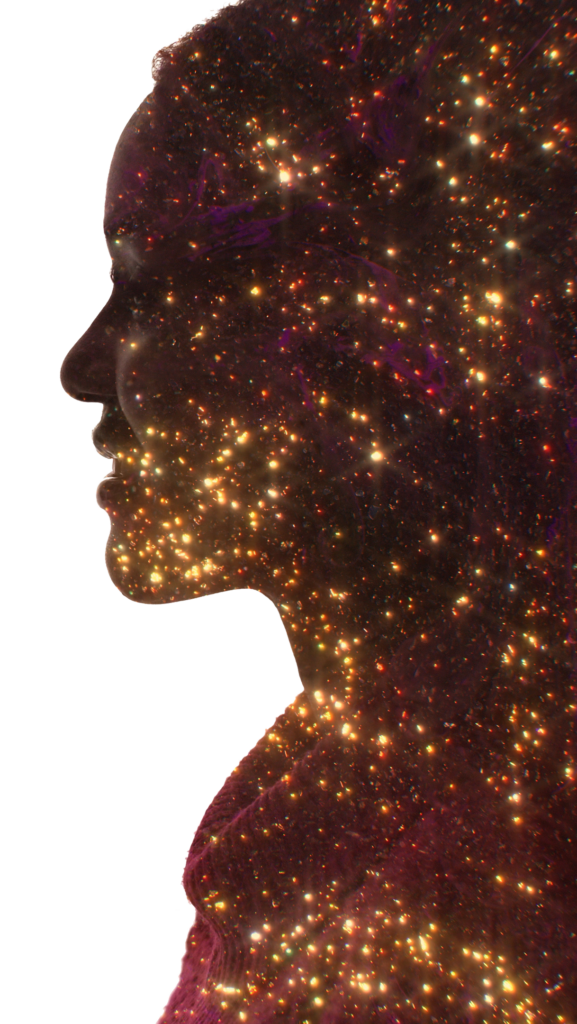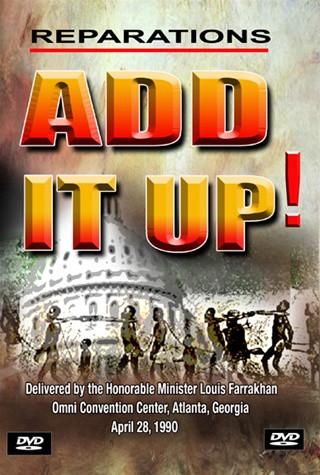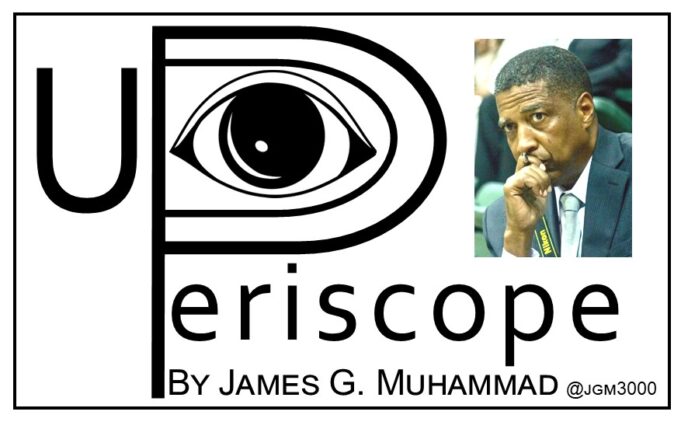The recent celebration of Juneteenth recognized an event that occurred in 1865. It was on June 19th that slaves in Texas “realized” they had been “freed” by the Emancipation Proclamation signed two years earlier.
Some historians argue the slaves realized they had been freed, but their wicked owners refused to let them go. Be that as it may, Black people were held in bondage in Texas longer than they should have been.
The broader question today is, if we still suffer from the impact of chattel slavery—and we do—then how do we get repaired?

Scientists are researching a theory that questions if trauma experienced in a previous generation can affect future generations. They cite the lasting impact of trauma on descendants of Jews who experienced the holocaust. I think of what the lasting impact will be on future generations of Palestinians who are experiencing horrific trauma resulting from the current Israeli genocide.
The theory is called the transgenerational epigenetic effect (TTEE). It is defined as “the study of heritable traits, or a stable change of cell function, that happens without changes to the DNA sequence.” It’s how our environment impacts our genes by changing the chemicals attached to them. Scientists say it doesn’t change our DNA but affects how our genes cause us to act or react to certain stimuli.
To understand what TTEE looks like, think “living while Black” in America and all the stressors that are triggered and our responses to those triggers. Even aspects of our health and diseases have a connection to our slave experience.
Question: Did 250 years of uninterrupted, brutal servitude to our slave masters and more than a century of outright oppression thereafter have an impact on the health and behavior of future Black generations? If so, how?
For centuries, Black people were denied the right to learn to read. However, the men and women brought over on slave ships were artisans, craftsmen, educators, and warriors. They were descendants of the builders of civilizations. They didn’t have to be taught how to build mansions for White folks or how to till the land to yield the best crops; they already had these skills.
Slave masters withheld this knowledge from the children and descendants of those slaves, and it is not taught in schools even to this day. The recent effort to deny the teaching of basic Black history in public schools, under the guise of an attack on critical race theory (CRT),
Is a false flag argument to rile up the anger in Whites who fear the “Browning of America,” and who want to prevent “any light” coming to young Black America of their true history, which might propel them to seek true independence.
Henry Berry of the Virginia House of Delegates in 1832 expressed a revealing sentiment during a debate on slavery among Virginia delegates: “We have, as far as possible closed every avenue by which light might enter their [slaves] mind;
We have only to go one step further—to extinguish the capacity to see the light, and our work would be completed; they would then be reduced to the level of the beasts of the field, and we should be safe … .”
Academic websites have explained CRT as a scholarly approach in university legal courses to raise questions about the role of race and racism in American society and its intersection with law reform efforts. It was developed in the 1970s and recognizes that racism is embedded in laws, policies and institutions that uphold and reproduce racial inequalities.
CRT has never been incorporated in elementary or high school curricula. The only view of the world provided to our precious public school students is through the lens of White Supremacy.
The elephant in the room deserves to be recognized. It has been recognized by other populations who have suffered some form of oppression. They call that elephant reparations.
Why is it so hard for White America to have an honest conversation about reparations for Black descendants of slaves? The late Rep. John Conyers of Michigan introduced a Resolution to have that discussion in Congress, but it lingered in Committee for several decades!
Last year, Rep. Cori Bush of St. Louis, Missouri, introduced a resolution calling for the government to correct the wrong by paying reparations to eliminate a $14 trillion wealth gap that exists between Blacks and Whites.
Paying reparations to an abused population in the U.S. has precedence. During World War II, thousands of Japanese were interned in concentration camps following Japan’s attack on Pearl Harbor. In 1988, those victims and their families received $20,000 each and an apology from the government.
Native Americans have received inadequate reparations through the Indian Claims Commission of 1946 and a half-hearted apology in 2009 for their near extermination. Do we include casinos as a form of reparations?
With the arrival of White missionaries in 1778, the Hawai’ian empire was set to fall. The diseases brought by the visitors killed a large percentage of the native islanders, and the skullduggery of the Whites did the rest.
After the U.S. takeover of the Island nation, reparations were paid through a “homestead” leasing agreement that provided tracts of land to be leased for 99 years if the claimant could prove they had 50 percent native blood.

What is owed to the Black man and woman of America for our contribution to making it a world superpower? If America has been hesitant to pay reparations to others in the past, what should Black America—who deserve the most—expect from a recalcitrant government and people?
The Honorable Minister Louis Farrakhan answered that question during a 1990 message in the Georgia Dome in Atlanta titled, “A Case for Reparations: Add It Up!”
“The way God looks at this thing, the present generation of Whites, they didn’t do this to us … but they are in a privileged position because of what their fathers did; and we’re in a hell of a condition because of what their fathers did. So, if you, the present generation of Whites, want to escape what is justly due, then they’ve got to do the right thing. They’ve got to do justice by the Black man.
“What is the right thing? You (this generation of Whites) have got to apologize for what you did. You’ve got to repent for what you did. You’ve got to say, ‘we’ve been wrong. Now we know we don’t want you, we don’t like you, but we’ll give you justice.’
“Now what does justice look like? If you add it up, White folks, you are going to have to give us the whole country. Add it up, White man. The whole thing belongs to the oppressed if you add it up.
“We’re not asking for the whole thing, but we do deserve the whole thing. Just give us some of it and let us go to build a nation for ourselves. Since you don’t want us, don’t keep us here and kill us. Let us go and let us build a new reality in the name of God. Let us build for God.”
Now that’s a reason to celebrate Juneteenth!James G. Muhammad is former editor-in-chief of The Final Call and is currently a contributing editor. Follow him on X, formerly Twitter @jgm3000













